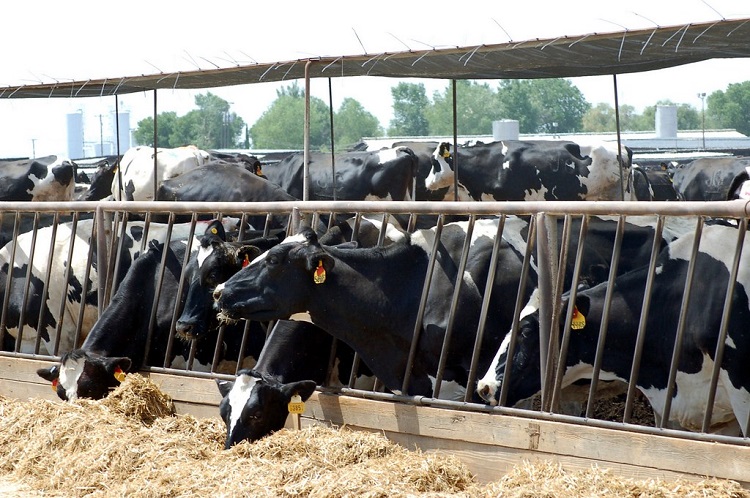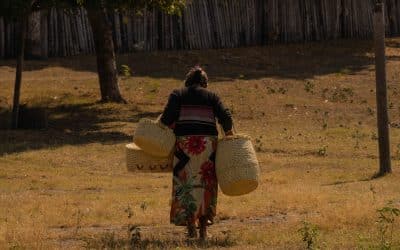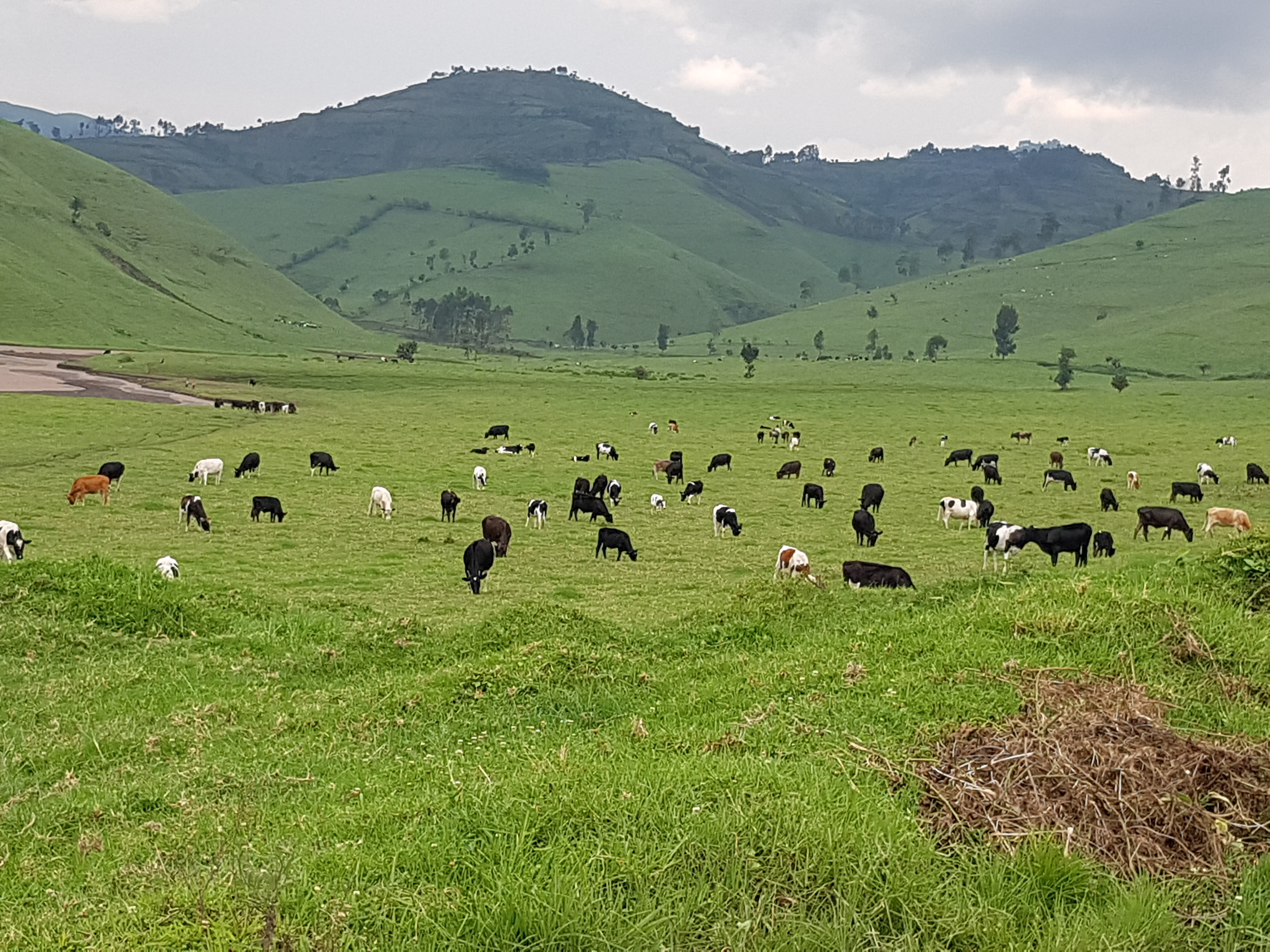LONDRES, 8 JUILLET 2025 – La décision de la Banque européenne pour la reconstruction et le développement (BERD) d’annuler son projet d’investissement de 40 millions d’euros dans Rex Concepts SA, la société responsable de l’exploitation des restaurants Burger King et Popeyes en Europe de l’Est, est une victoire importante pour tous ceux qui se soucient de la santé humaine et de la planète, et démontre l’urgence d’un changement systémique dans l’allocation des fonds publics, ont déclaré aujourd’hui le Green REV Institute, la Global Forest Coalition (GFC) et leurs alliés dans la campagne Stop Financing Factory Farming (S3F).
Dans des communications datées du 27 juin, en réponse à une demande d’informations, la BERD a confirmé qu’elle avait « décidé de ne pas donner suite à l’investissement prévu dans Rex Concepts SA ». La décision de la banque multilatérale de développement fait suite à l’intervention du Green REV Institute et de plus de 75 organisations de la société civile. Après avoir été informés du projet par le système d’alerte précoce, les groupes ont envoyé une déclaration exprimant leurs préoccupations à la BERD le 23 juin, dans laquelle ils soulignaient les effets néfastes du projet sur l’environnement, la santé publique et la société. L’investissement proposé aurait facilité l’ouverture de jusqu’à 600 nouveaux établissements de restauration rapide en Pologne, en République tchèque et en Roumanie, élargissant considérablement l’empreinte de la restauration rapide industrielle et encourageant la consommation excessive de viande dans la région.
Continuer en anglais…
« We must demand social and climate responsibility from investors instead of fuelling the fast food disaster. Has the EBRD considered who it is condemning to diet-related diseases? How is it helping Bad Food giants to ‘raise’ generations of consumers addicted to food that has never been real food? Why didn’t these funds go to plant-based farmers who could develop partnerships with schools and hospitals?” said Anna Spurek, CEO of Safe Food Federation. “This is good news, and we promise the EBRD that we will be watching their actions even more closely. »
High on the list of concerns communicated to the EBRD were the environmental impacts and contribution to climate change of fast-food chains, as they heavily rely on industrial animal production, a major contributor to greenhouse gas emissions, deforestation, and biodiversity loss.
Furthermore, the expansion of multinational fast-food chains undermines local food systems by displacing small-scale farmers and local food producers, replacing them with industrial supply chains that prioritise profit over sustainability and community well-being.
Regarding public health concerns, fast food is also a leading driver of unhealthy diets, which have become the primary cause of death in Poland, surpassing tobacco use, with over 50% of Polish adults now overweight or obese, and diet-related diseases, including cancer, on the rise. There is also the issue of the growing threat of antimicrobial resistance (AMR) due to the excessive and often unjustified use of antibiotics on animals in industrial livestock production.
« EBRD has a clear mandate to foster sustainable, inclusive, and equitable development. Its mission is fundamentally incompatible with financing projects that undermine public health and degrade the environment. Rather, its investments should actively uphold health and life quality, protect natural resources, and empower communities for better, » said Morgan Janowicz, representative from Green REV Institute.
The decision to cancel the investment also underscores the need for development banks to align their funding with global climate and sustainability goals. The EBRD must adopt stricter policies that exclude investments in industrial animal agriculture and fast-food chains, which are incompatible with the Paris Agreement and the EU Green Deal.
« This is not just about one project, » said Andrea Echeverri, lead of the Global Forest Coalition (GFC)’s Unsustainable Livestock Production Campaign and member of S3F. « It’s about setting a precedent. Development banks must stop financing harmful industries and start investing in solutions that address the climate crisis, uphold the rights of communities, and build equitable, rights-respecting, sustainable food systems. »
The Green REV Institute and partners urged the EBRD to redirect its resources toward initiatives that promote plant-based diets, sustainable agriculture, and public procurement reform. Such investments would not only align with the bank’s Green Economy Transition Strategy but also deliver long-term benefits for communities and the environment.
The cancellation of the Burger King and Popeyes expansion project sends a clear message to corporations and financial institutions that the era of unchecked industrial expansion at the expense of people and the planet is coming to an end.
« This decision gives us hope, » said Alessandro Ramazzotti, researcher at the International Accountability Project, a member of S3F. « It shows that when we come together to demand change, we can make a difference. Now, we must build on this momentum to create food systems that are fair, sustainable, and resilient. »




